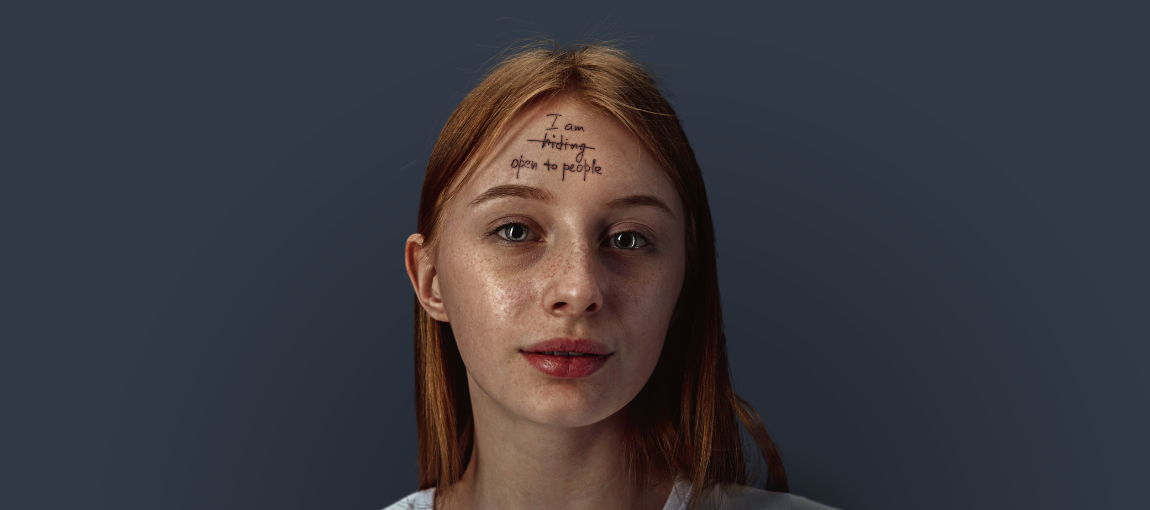As you probably know, alcohol can interact with various medications, making it important to follow medical guidance when taking prescription drugs. When it comes to gabapentin and alcohol, it’s best to abstain, particularly because doing so defeats the purpose of the drug.
In this article, we’ll answer such questions as:
- Can you drink on gabapentin?
- What happens if you mix gabapentin and alcohol?
- How long after taking gabapentin can I drink?
- What are the side effects of gabapentin and alcohol?
Read on to learn more about gabapentin and alcohol.
What Is Gabapentin?
Sold under the brand name Neurontin, gabapentin is an anti-convulsant medication used to treat seizures, as well as restless leg syndrome. It can also be used off-label to treat alcohol use disorder. It can be taken in capsule, tablet, or liquid form. It can also be used off-label to treat alcohol use disorder. It can be taken in capsule, tablet, or liquid form.
Aside from this off-label usage, gabapentin can also be used to treat:
- Nerve damage from diabetes
- Sciatica, a painful compression of the sciatic nerve
- Hot flashes
- Mood disorders such as anxiety
Gabapentin works by adjusting calcium ion levels in the brain, which helps calm overactive nerve activity. While gabapentin is not addictive, misuse can bring problems like drowsiness and sedation, especially when combined with other substances like opioids or alcohol. Moreover, while not addictive, gabapentin is still bad when taken in higher doses or combined with other depressant drugs, it can increase the risk of dizziness, drowsiness, blackouts, and even overdose. There is also an association of gabapentin abuse with abuse of other drugs.
Can You Drink Alcohol While Taking Gabapentin?
You can, but it may not a good idea. Gabapentin and alcohol are both substances that affect the central nervous system (CNS). When used together, they can significantly increase the risk of serious side effects. Gabapentin is known to cause sedation, dizziness, and impaired coordination — effects that are amplified when alcohol is introduced.
Mixing alcohol and gabapentin may result in:
- Extreme drowsiness or fatigue
- Difficulty breathing
- Impaired motor skills or balance
- Memory loss or blackouts
- Increased risk of overdose or respiratory depression
Even moderate alcohol consumption can enhance the depressant effects of gabapentin, especially in older adults or those with existing health conditions. In some cases, the combination of alcohol and gabapentin has been linked to life-threatening complications, such as tachycardia (elevated heart rate).
Because of these dangers, healthcare providers generally advise avoiding alcohol entirely while taking gabapentin, whether it’s for chronic pain, seizures, anxiety, or off-label use.
If you or someone you know is struggling to avoid drinking while prescribed gabapentin, it could be a sign of a deeper issue, such as dependence or polysubstance misuse.
Gabapentin and Alcohol Interactions
Gabapentin and alcohol are both central nervous system (CNS) depressants, meaning they slow down brain activity. When taken together, their effects don’t just add—they intensify each other. This can lead to dangerous, sometimes unpredictable, physical and psychological reactions.
Some of the most common interactions between alcohol and gabapentin include:
- Severe drowsiness or sedation
- Slurred speech and confusion
- Unstable coordination or unsteady gait
- Blurred vision
- Mood swings or aggressive behavior
- Impaired memory or blackouts
In higher doses, the combination may lead to respiratory depression—a potentially life-threatening condition where breathing becomes slow or stops altogether. This risk is especially high in people with existing health issues, those taking other sedating medications, or anyone using alcohol and gabapentin in large amounts.
Because gabapentin is often prescribed off-label for conditions like anxiety or insomnia, some people may use it to self-medicate alongside alcohol. This significantly increases the likelihood of dependence, misuse, or overdose—especially in individuals with a history of substance use.
Get confidential help from our addiction treatment specialists in Orange County. Call to join our rehab program today!
Call 866-881-1184Gabapentin and Alcohol Withdrawal
Gabapentin withdrawal effects mimic those of opioids and alcohol, making withdrawing from gabapentin and alcohol at the same time both physically dangerous and emotionally distressing. Because both depress the brain’s central nervous system (albeit in different ways), stopping them suddenly can trigger intense and unpredictable withdrawal symptoms.
Common withdrawal symptoms include:
- Anxiety or panic attacks
- Insomnia and restlessness
- Sweating, nausea, and tremors
- Agitation or irritability
- Increased heart rate and blood pressure
- Seizures (particularly with abrupt gabapentin discontinuation or heavy alcohol use)
- Hallucinations or confusion (delirium)
Gabapentin withdrawal may begin within 12–24 hours after the last dose, while alcohol withdrawal symptoms often start within 6–12 hours and can escalate over 72 hours. When both substances are discontinued at once, symptoms can overlap or intensify, making it difficult to manage withdrawal safely without medical supervision.
Is Gabapentin Used in Addiction Treatment?
It certainly is! Gabapentin is actually a fairly common drug used to treat alcohol use disorder. Although it’s not FDA-approved for treating substance use disorders, many clinicians prescribe gabapentin off-label because of its calming, anti-anxiety, and anti-seizure effects. Gabapentin can ease alcohol withdrawal symptoms like anxiety, insomnia, and muscle tremors during alcohol detox. It may also reduce alcohol cravings in early recovery.
Looking for quality substance abuse treatment that’s also affordable? South Coast accepts most major insurance providers. Get a free insurance benefits check now.
Check Your CoverageGetting Help for Gabapentin and Alcohol Abuse
Combining gabapentin and alcohol is gambling with your health. If you or someone you love is struggling with gabapentin misuse, alcohol dependence, or both, know that you’re not alone — and help is available.
At South Coast Behavioral Health, we provide comprehensive, medically supervised detox and residential treatment in the serene setting of Southern California. Our experienced clinical team understands the complexities of polysubstance abuse and dual diagnosis treatment. We offer a trauma-informed, individualized approach that addresses the physical symptoms of withdrawal while supporting your emotional and psychological healing.
Recovery may feel distant, but it starts with a single step — and we’re here to walk that path with you. Call South Coast Behavioral Health today to speak with an admissions specialist and begin your journey toward freedom from addiction.
- The acute effects of gabapentin in combination with alcohol in heavy drinkers – PubMed
- The Association of Gabapentin Use and Dose With Substance Use Disorders Prior to Inpatient Mental Health Treatment: A Cross-Sectional Study
- Efficacy of Gabapentin for the Treatment of Alcohol Use Disorder in Patients With Alcohol Withdrawal Symptoms: A Randomized Clinical Trial | Clinical Pharmacy and Pharmacology | JAMA Internal Medicine | JAMA Network







